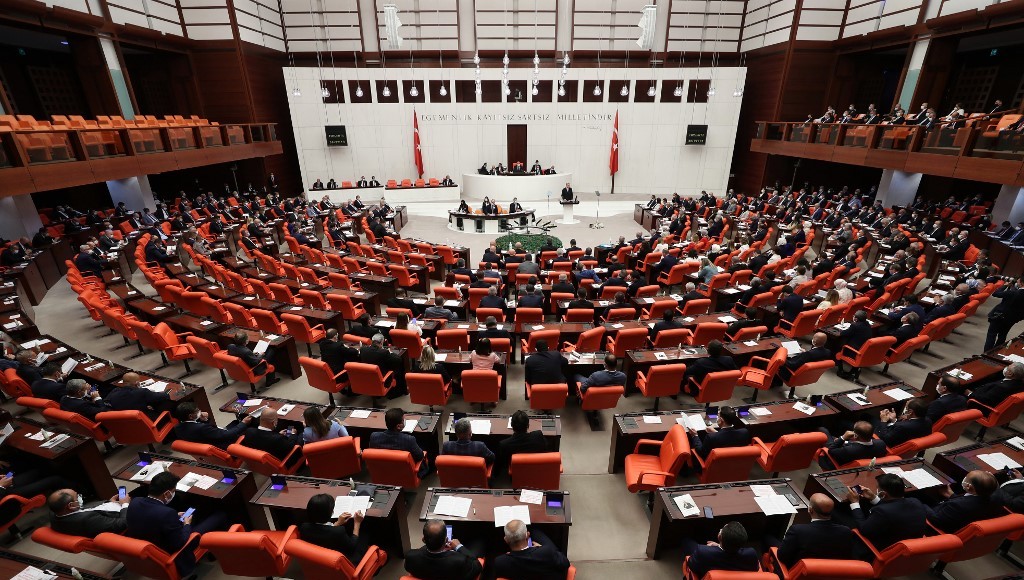Human Rights Watch (HRW) and the International Commission of Jurists (ICJ) have called on Turkey’s parliament to reject a proposed legislative amendment that could criminalize the work of journalists, human rights defenders and civil society groups, the Stockholm Center for Freedom reported.
According to HRW and the ICJ, the new amendment broadens the country’s definition of espionage and introduces provisions that would impose prison sentences ranging from three to seven years on Turkish citizens or residents who “commit crimes against security or domestic or foreign political interests of the state upon instructions from, or in line with the strategic interests of, a foreign government or organization.”
Proposed sentences will range from eight to 12 years if the crime is committed during wartime or “in a manner and time to risk military operations.”
The amendment is set for a parliamentary vote in the coming days and would add Article 339A to Turkey’s criminal code.
“This amendment would allow the government to label legitimate human rights organizations, media outlets and other civil society actors as spies or enemies of the state, discrediting and criminalizing their work,” said Hugh Williamson, director for Europe and Central Asia at HRW. “Turkey’s parliament should reject this vaguely worded amendment, which threatens free speech, association, and assembly.”
Human rights and civil society groups in Turkey have expressed alarm, fearing the law could expose them to baseless charges of espionage for foreign entities.
Turkey’s current criminal code already penalizes espionage-related offenses such as the destruction or dissemination of state secrets. However, the proposed Article 339A would expand this by allowing authorities to charge individuals with acting in a foreign power’s “strategic interest” in conjunction with other alleged crimes.
The MPs who submitted the bill said the amendment’s language indicates “crimes against domestic or external political interests” could encompass a wide range of areas, including the economic, financial, military, health, public security, technology and energy sectors, making it broader than the existing espionage definitions.
Critics argue that this ambiguous language could allow prosecutors to use the law against journalists and human rights activists. For instance, a prosecutor might add the charge of acting in a foreign state’s interest against a journalist already accused of “insulting the president” for a critical report on human rights abuses.
According to HRW and the ICJ, the amendment is inconsistent with Turkey’s commitments under the European Convention on Human Rights and the International Covenant on Civil and Political Rights. They said legal standards require laws to be clear and specific so individuals can foresee when their actions might be deemed illegal. The groups argue that the draft article fails this test, with vague terms like “strategic interests of a foreign state or organization” leaving room for arbitrary enforcement.
“The Turkish government already has a history of using vague terrorism and state security laws to suppress peaceful expression and civil society activities,” said Temur Shakirov, Europe and Central Asia program director at the ICJ. “The proposed amendment adds yet another tool for targeting human rights work, journalism and other civil society initiatives.”
The amendment could also impact civil society organizations that receive foreign funding, which may face accusations of serving foreign “strategic interests.”
HRW and the ICJ emphasized that human rights advocacy aligns with state interests under international law and should not be treated as subversive. They argue that criminalizing human rights work on grounds of protecting state security not only undermines democratic principles but also violates international human rights standards.

